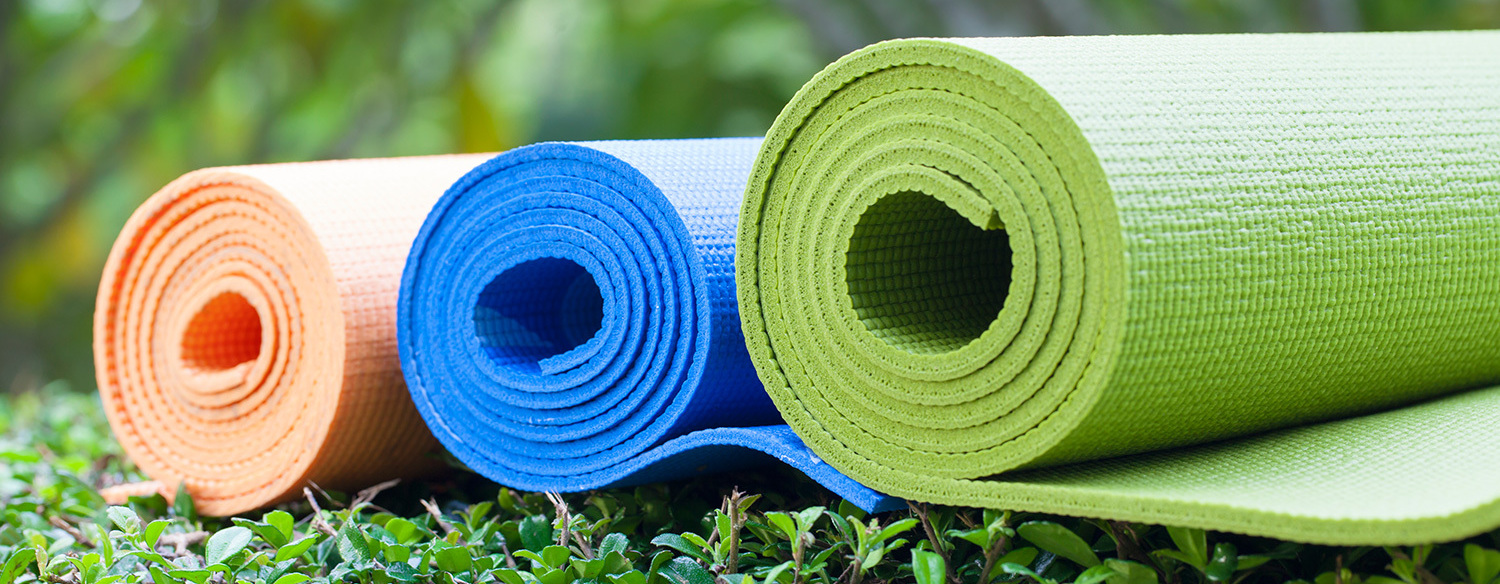
Live 90 min Wed 30 Oct 2024 via skype-reserve a free online seat to skype Ashraf.Moorad or sms (+27)82 7526969
SOULFUL LOVE SEMINAR - 4th Nov 2023
This is a completely different (and results-orientated) programme and will follow a different teaching approach. There will be Seminar Preparation material sent to those who successfully register.Any questions can be sent through email: attract.soulful.love@gmail.com
Wellness Day - Talk about Detox and Juices
This Talk took place in Dainfern on 31 st Jan 2020. I had a great turnaround and a fun day with aerobics and a great lesson about detox and juicing . The people that came were happy to find out that detox can be done easily with just Ozone or the Rife Machine but the best way is with 3 day juicing and in addition the ozone therapy, massages, lymphatic massage or stimulation or a simple Epsom salts bath , that can do wonders to an overloaded system- specifically the Liver - the most important and hardworking organ in our body! For a good Heavy metal detox , Zeolite will help but best Ozone pod with 5-10 session where you release them out through skin, giving the liver and kidneys a nice break :)
I made 3 kind of juices : green made with green apple, cucumber and celery , an orange one made from orange carrot and ginger ..mmm. this had a nice zing!! and a red one made from beetroot, apple and cucumber.They were delicious, not diluted with water and made with love:) some people bought 6!. Herewith few pictures from this Wellness day event which turned out to be a great one!!
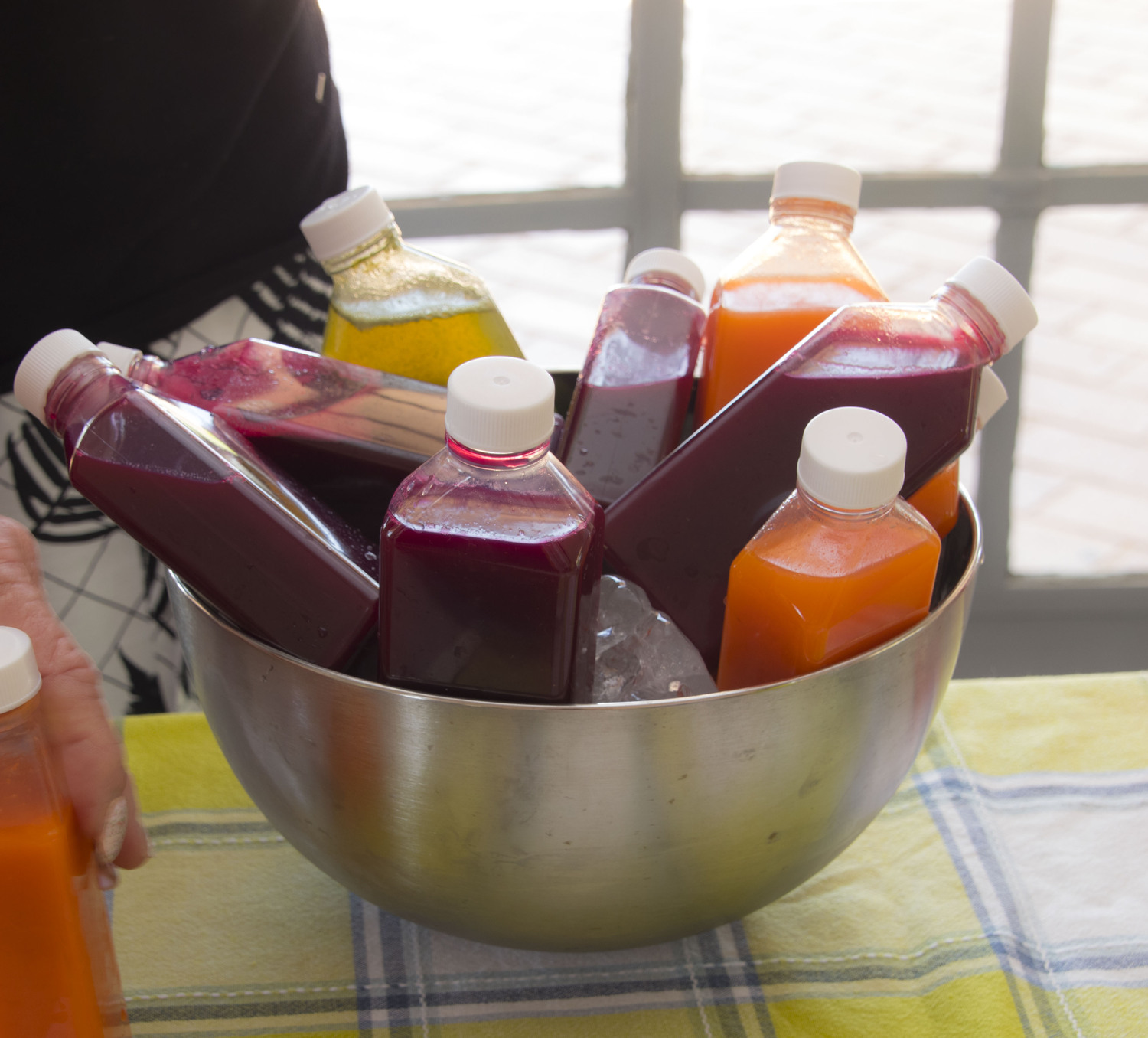

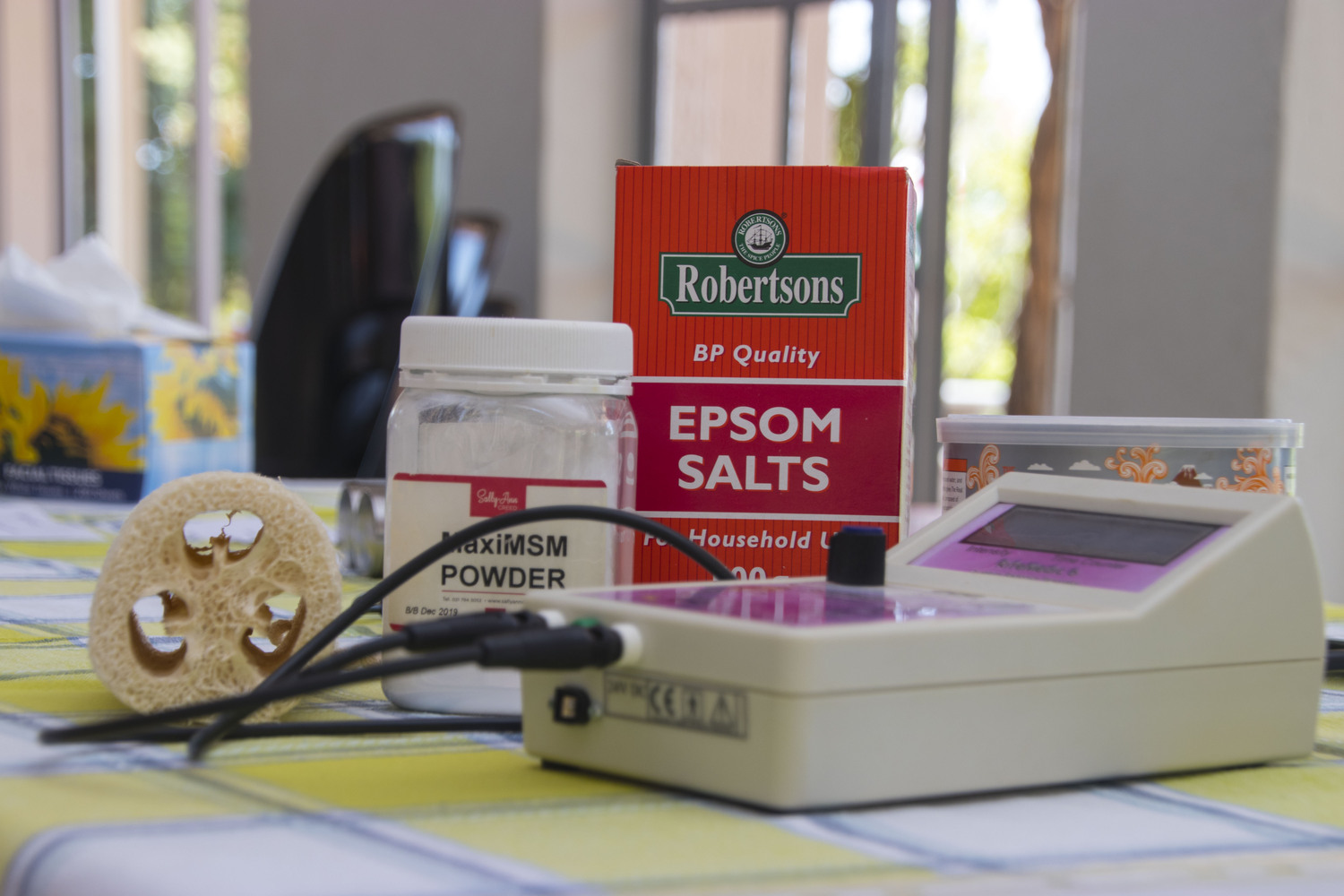
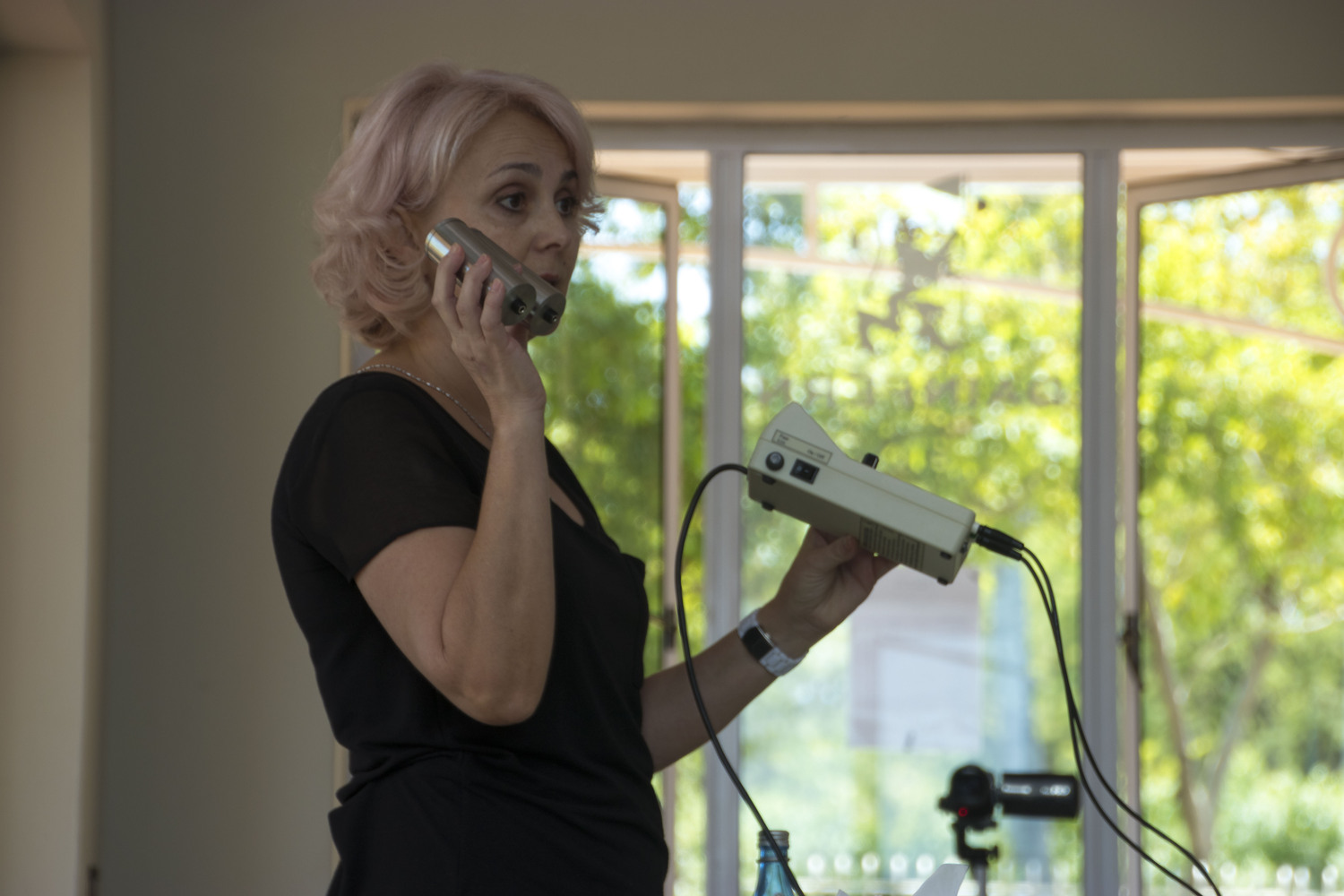
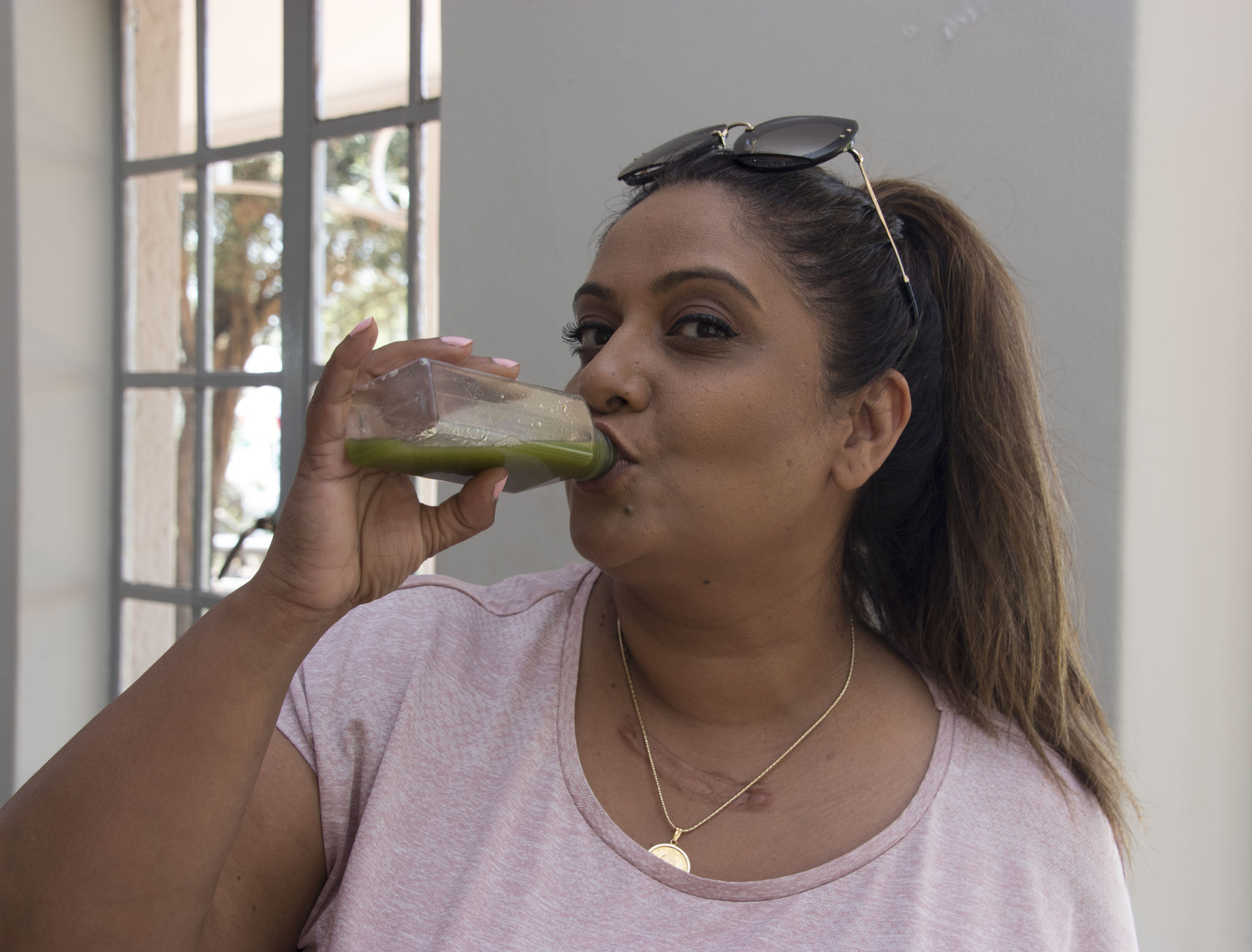
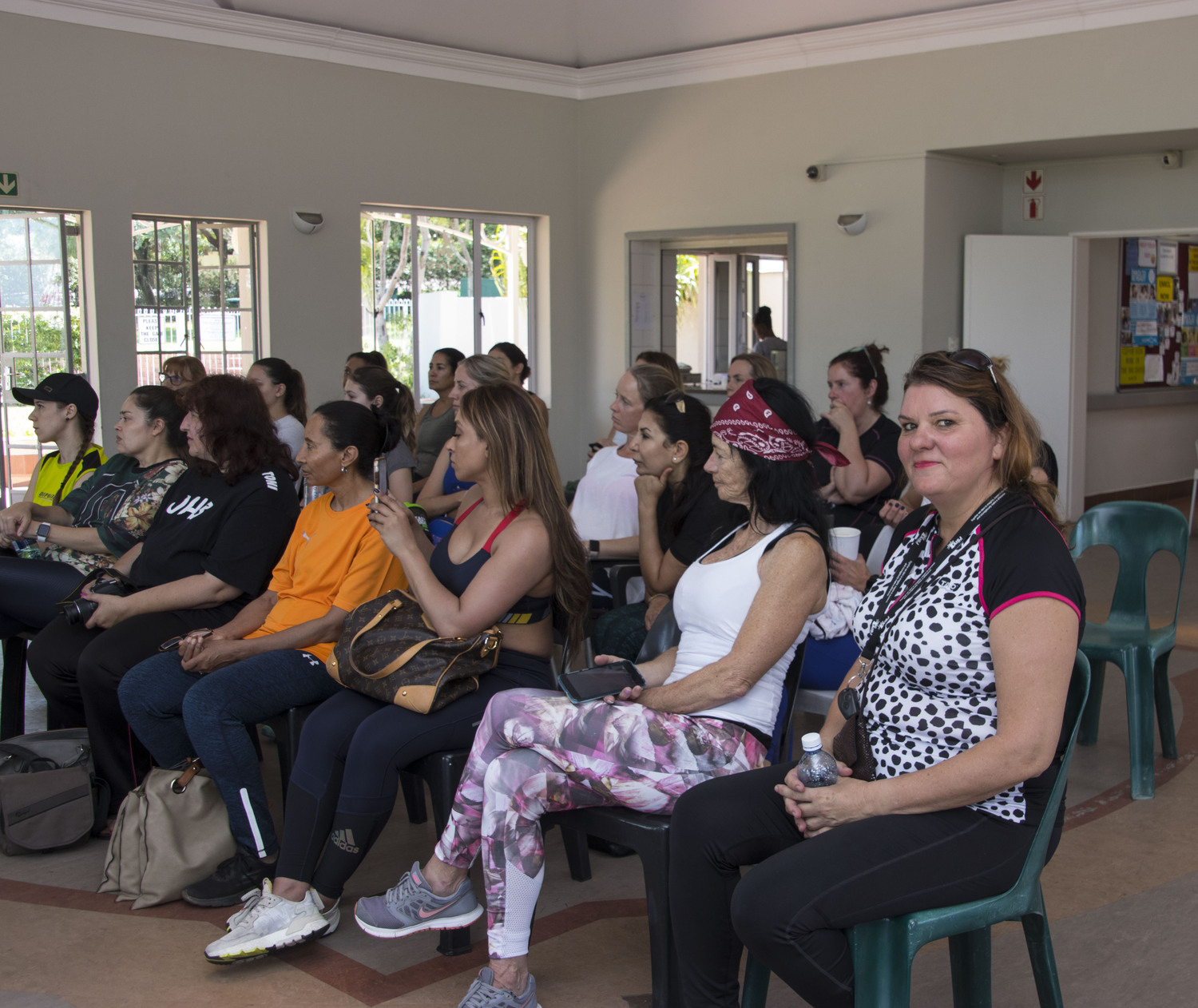
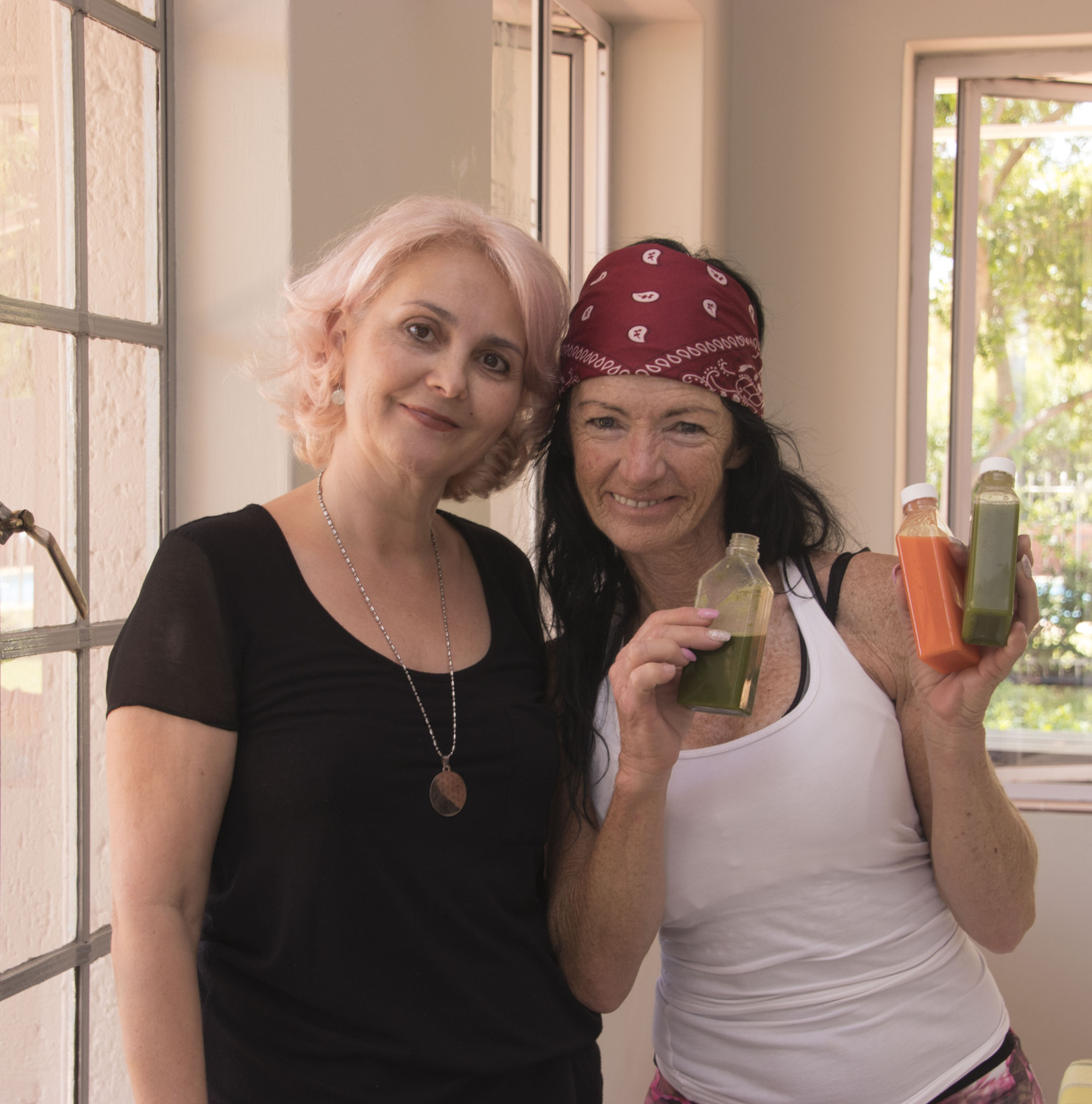

The Natural Spring Water of Hooghland

Hoogland Mineral Water is a wonderful day-to-day low cost investment in your long term health.
Hoogland Mineral Water offers the perfect balanced Ca/Mg 2 : 1 ratio
Mineral composition in mg/l
Calcium Ca 86
Magnesium Mg 47
Sodium Na 2
Potassium K <1
Chloride Cl 6
Sulphate SO4 <20
Alkalinity CaCO3 368
Nitrate N(NO3) <0.2
Fluoride F <0.05
Iron Fe <0.1
Aluminium Al <0.2
TDS 394
pH 9
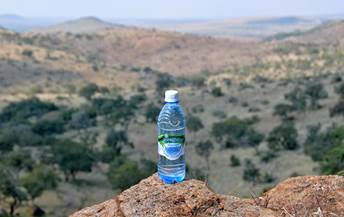
Calcium cannot be optimally utilized without a proper balance of Magnesium because ....:
• Calcium exists mainly outside the cells, whereas almost all Magnesium is found inside the cells.
• Calcium excites nerves; magnesium calms them down.
• Calcium with potassium makes muscles contract, but Magnesium is necessary for muscles to relax.
• Calcium is necessary to the clotting reaction—essential for wound healing—but Magnesium keeps the blood flowing freely and prevents abnormal thickening when clotting reactions would be dangerous.
• Calcium is mostly found in the bones and gives them much of their hardness, whereas Magnesium is found mainly in soft structures. Bone matrix, the soft structure within bone, contains protein and magnesium and gives the bones some flexibility and resistance to brittleness.
Basic explanation of a human cell function: https://www.youtube.com/watch?v=5guQwhRhV60
Hoogland Water: Pam - 0826899469Distributor https://hoogland.co.za/therapies/water
HOW STRESS AFFECTS US
“The reasons for ill health are to be found in the mental and emotional and spiritual imbalances of a person, not beginning in the body as cause but reaching the body as effect.” Mary Garbely (New Zealand Flower Essences)
•Stress can be defined as what we feel when the limits of our endurance (mentally, emotionally or physically) are being severely tested.
•Stress can be helpful and good when it motivates people to accomplish more. For example, competing in a race or accomplishing a task by the stated deadline but stress becomes a burden when we feel increasingly overwhelmed and out of control.
•In our busy modern day lives we all carry stress, often not consciously realizing just how damaging it is. Stress can show up in physical symptoms and we become ill. Stress has a direct effect on the gut, the immune and hormonal systems, the brain and liver function. We may experience aches and pains, an inability to sleep, anxiety, a feeling of anger and frustration, indigestion, fatigue, an inability to cope, skin disorders, frequent colds, apathy, depression, feelings of hopelessness, dis-ease; the range of problems caused by stress is endless !
•When we are under stress, either mentally, emotionally or physically, our body talks to us through symptoms or dis-ease. All these symptoms are a messenger telling us that something in our life is out of sync and that we are not coping. Your body is literally talking to you. Treating the symptoms is like killing the messenger for bringing bad news. It is important to find out what the message is and what area of your life it is telling you about!
•Undoubtedly stress is an inevitable consequence of modern life; fortunately, the downstream damage caused by it is not. The body is designed to adapt to stressors to help maintain equilibrium and healthy functioning and Kinesiology can help to find out what our body is trying to say and why we are not adapting appropriately

Forgiveness
We’re often told that forgiveness is good, and that it’s our responsibility to forgive. We’re never told that sometimes it takes time to truly forgive.Forgiveness is a process, rather than an automatic response, hence we need to appreciate all stages which occur during the process.
1. Acknowledge the wound.We have to accept the fact that we’ve been hurt. This wound inside of us is real; it’s something we need to embrace and listen to. It won’t be helpful to label this emotion as “negative” since it only encourages us to reject the pain, hence stifling our effort to truly heal.We can fake forgiveness to skip this stage, but we can never lie to ourselves. The resentment will grow stronger when we repress the emotion.
2. Safely express your feelings.Once we acknowledge our wound, we have to sit with the uncomfortable feeling that arises. We need to allow ourselves to express our emotions. Breathe deeply into our feelings and exhale slowly.We can do it under the supervision of a therapist, if needed, and with the support of friends and family. But if we cannot get the support from them, we can seek support from online conscious communities.
3. Do something creative.We may feel empty inside after expressing our emotions. Creative activities are best to fill this empty feeling. It’s the time to awaken our creative talents, which might have been dormant for a long period of time.It doesn’t matter what kind of creative activity we choose. It might be painting, singing, dancing, or writing. It might also be baking or working in the garden. The point of creative works is creating something.Coloring books are so popular today; why not give it a try? What about origami? You have countless options, and you can also always look online for inspiration.
4. Engage in physical activities.Switching our attention to our body helps us grounded and be present, hence the importance of doing physical exercises. This step may or may not happen simultaneously with the previous stage.Some people might feel too drained to work out at this moment; while those who are more active may find it rejuvenating.Pick the kind of sport that suits your liking; either it’s the gym or yoga class. You may even want to challenge yourself by doing something you’ve never done before, such as joining martial art class, taking a dance lesson, or learning to surf.If you prefer to do something more relaxing, you can take a stroll around the town, or walk along the beach.
5. Release the past hurt.When we feel ready, we can recall the past event — not to mourn over it, but to observe and take some learning points. We may want to see it from the offender’s perspective and try to understand their position, which doesn’t necessarily mean justifying their wrongdoings.Sometimes, we may notice that we also share the blame. If it happens, we have to remind ourselves not to repeat the same mistake. Self-forgiveness is also important here.It takes two to tango; so it does with forgiveness—ideally. But, if it is not likely to happen, do not wait others to seek out apologies. They may not even realize the damage they’ve done. Try to let go.
After doing all the above process and practicing these keys to true forgiveness, it should be easier for us to let go. If not, then don’t worry. Some wounds may take a longer time to heal. Trust your process. You know your own course to forgiveness.
13 Ways to Treat Hypothyroidism Naturally
Your thyroid, a butterfly-shaped gland in your neck below your Adam’s apple, is your chief gland of energy and metabolism and is like a master lever that fires up the genes that keep cells doing their jobs. You can think of the thyroid as a fundamental mechanism in a complex machine, as every cell in your body has thyroid hormone receptors. Hypothyroidism, or low thyroid function, is a silent epidemic, according to many functional medicine doctors. People can suffer for years with symptoms that our conventional medical system frequently doesn’t know how to treat because complaints seem scattered or vague and often there is no pill for the ill(s). What’s worse, in most cases, hypothyroidism isn’t rooted in a thyroid problem in the first place. It’s rooted in an immune system gone awry, but most doctors don’t test for the antibodies that show the presence of autoimmunity. According to Dr. Datis Kharrazian, 90% of people with hypothyroidism have Hashimoto’s, an autoimmune hypothyroid condition, whereby the immune system attacks thyroid tissue. Therefore, to cure thyroid disease, or any autoimmune condition, you have to get to the source of the imbalance; focusing on suppression of symptoms with medication is simply barking up the wrong tree.
Your Dietary Defense
Making dietary changes is your first line of defense in treating hypothyroidism. Many people with hypothyroidism experience crippling fatigue and brain fog, which prompts reaching for non-nutritional forms of energy like sugar and caffeine. I’ve dubbed these rascals the terrible twosome, as they can burn out your thyroid (and destabilize blood sugar).
1. Just say no to the dietary bungee cord. Greatly reduce or eliminate caffeine and sugar, including refined carbohydrates like flour, which the body treats like sugar. Make grain-based carbohydrates lesser of a focus, eating non-starchy vegetables to your heart’s content.
2. Up the protein. Protein transports thyroid hormone to all your tissues and enjoying it at each meal can help normalize thyroid function. Proteins include nuts and nut butters; quinoa; hormone- and antibiotic-free animal products (organic, grass-fed meats, eggs, and sustainably-farmed fish); and legumes. Note: I’m not a fan of soy and soy products: tofu, soy milk, fake meats, energy bars, etc. Even when organic and non-GMO, soy can impede cell receptors and disrupt the feedback loop throughout your entire endocrine (hormonal) system.
3. Get fat. Fat is your friend and cholesterol is the precursor to hormonal pathways; if you’re getting insufficient fat and cholesterol, you could be exacerbating hormonal imbalance, which includes thyroid hormones. Natural, healthful fats include olive oil; ghee; avocados; flax seeds; fish; nuts and nut butters; hormone- and antibiotic-free full fat cheese, yogurt, and cottage cheese (yes, full fat, not skim); and coconut milk products.
4. Nutrient-up. While nutritional deficiencies may not be the cause of hypothyroidism, not having enough of these micronutrients and minerals can aggravate symptoms: vitamin D, iron, omega-3 fatty acids, selenium, zinc, copper, vitamin A, the B vitamins, and iodine.A few highlights:•It’s commonly believed that hypothyroidism is due to insufficient iodine, but this isn’t true. Dr. Kharrazian states that if you have Hashimoto’s, taking supplemental iodine is like throwing gasoline on a fire, so eschew iodine supplements and iodized salt. Primary sources of iodine: sea vegetables and seafood. Secondary sources: eggs, asparagus, lima beans, mushrooms, spinach, sesame seeds, summer squash, Swiss chard, and garlic.•Optimal vitamin D levels are between 50-80 ng/mL; anything below 32 contributes to hormone pathway disruption.•Omega-3s, found in fish, grassfed animal products, flaxseeds, and walnuts, are the building blocks for hormones that control immune function and cell growth, are critical to thyroid function, and improve the ability to respond to thyroid hormones.
5. Go 100% gluten-free. The molecular composition of thyroid tissue is almost identical to that of gluten. So for those with Hashimoto’s, it’s a case of mistaken identity. Eating gluten can increase the autoimmune attack on your thyroid.
6. Be mindful of goitrogens, which are foods that can interfere with thyroid function. Goitrogens include broccoli, Brussels sprouts, cabbage, cauliflower, kale, kohlrabi, rutabaga, turnips, millet, spinach, strawberries, peaches, watercress, peanuts, radishes, and soybeans. Does it mean that you can never eat these foods? No, because cooking inactivates goitrogenic compounds and eating radishes and watercress in moderation isn’t going to be a deal-breaker.
7. Go for the glutathione. Glutathione is a powerful antioxidant that strengthens the immune system and is one of the pillars of fighting Hashimoto’s. It can boost your body’s ability to modulate and regulate the immune system, dampen autoimmune flare-ups, and protect and heal thyroid tissue. While few foods contain glutathione, there are foods that help the body produce glutathione: asparagus, broccoli, peaches, avocado, spinach, garlic, squash, grapefruit, and raw eggs. A plant substance found in broccoli, cauliflower, and cabbage, (those goitrogens), helps replenish glutathione stores.
8. Address underlying food sensitivities. Just like the body’s attack on the thyroid in the presence of Hashimoto’s, the body will also see offending or inflammatory foods as an invader and will up the ante on the autoimmune response.
9. Do a gut check. A whopping 20 percent of thyroid function depends on a sufficient supply of healthy gut bacteria, so it’s best to supplement with probiotics (friendly intestinal bacteria).
10. Address silent inflammation with whole foods nutrition. Systemic inflammation and autoimmunity often go hand-in-hand.
11. Address adrenal fatigue. There is an intimate connection between your thyroid and adrenal glands and it’s uncommon to have hypothyroidism without some level of adrenal fatigue. The thyroid and adrenals are like Frick and Frack – so tightly in cahoots that it’s not effective to address one without the other.
12. Look at your stressors and practice relaxation. The thyroid is a very sensitive gland and is exceptionally reactive to the stress response.
13. Ask for the thyroid collar. The thyroid is sensitive to radiation, so next time you're getting an x-ray at the dentist, ask for the thyroid collar. Do not let your thyroid get zapped!
What is Yoga?
The term Yoga comes from the term “Yuj” which mean union. And the union is what yoga seeks, the union between the body, the soul, the mind, with oneself and with the universe. This discipline has its origin in India, and it has many variations. It aims to help the individuals reach that self-knowledge that permits answering fundamental questions such as who we are, and what´s our purpose on life. Meditation is the basic tool that allows reaching such answers.


